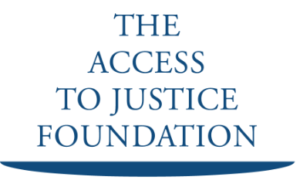The Solicitors Regulation Authority (SRA) has commissioned new research which will take a wide-ranging look into what gaps in legal provision may exist across England and Wales, and what impact this might have on different groups of consumers.
The independent study, led by Professors Irene Scopelliti and Zachary Estes from Bayes Business School of City University London, will initially seek to identify different groups, or segments, of consumers based on their individual needs and behaviours when a legal issue arises.
The research will also, based on their findings, look to identify where gaps in provision currently exist and which consumers are most adversely affected, as well as testing policy interventions which could potentially address these gaps.
The research will also include an in-depth examination of how factors such as ethnicity and socio-economic status impact access to legal services.
Anna Bradley, Chair of the SRA said:
We know that many people don’t access the legal services they need and that’s why we have commissioned this independent research. We want to understand which groups of people are most affected and why. This will in turn help us all to understand what needs to be done to help tackle the problems and then work out what part we might all need to play.”
Professor Zachary Estes of Bayes Business School, added:
“We are very excited about working with SRA team. This research aims to classify consumers based on their attitudes, preferences and behavioural tendencies towards legal services offering the SRA actionable recommendations.”
The research runs until the autumn and will involve:
- a review and consolidation of existing data on consumer segmentation
- understanding the current level of legal service provision
- identifying different consumer types, the information and support they require for their legal journey and common barriers they encounter
- testing policy interventions.
The research project is part of the SRA’s ongoing work aligned to its Corporate Strategy commitment to deepen its understanding of consumer concerns and requirements and raise public awareness of legal services and how to use them.









